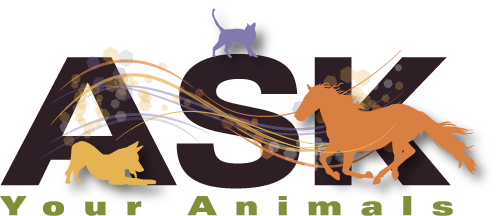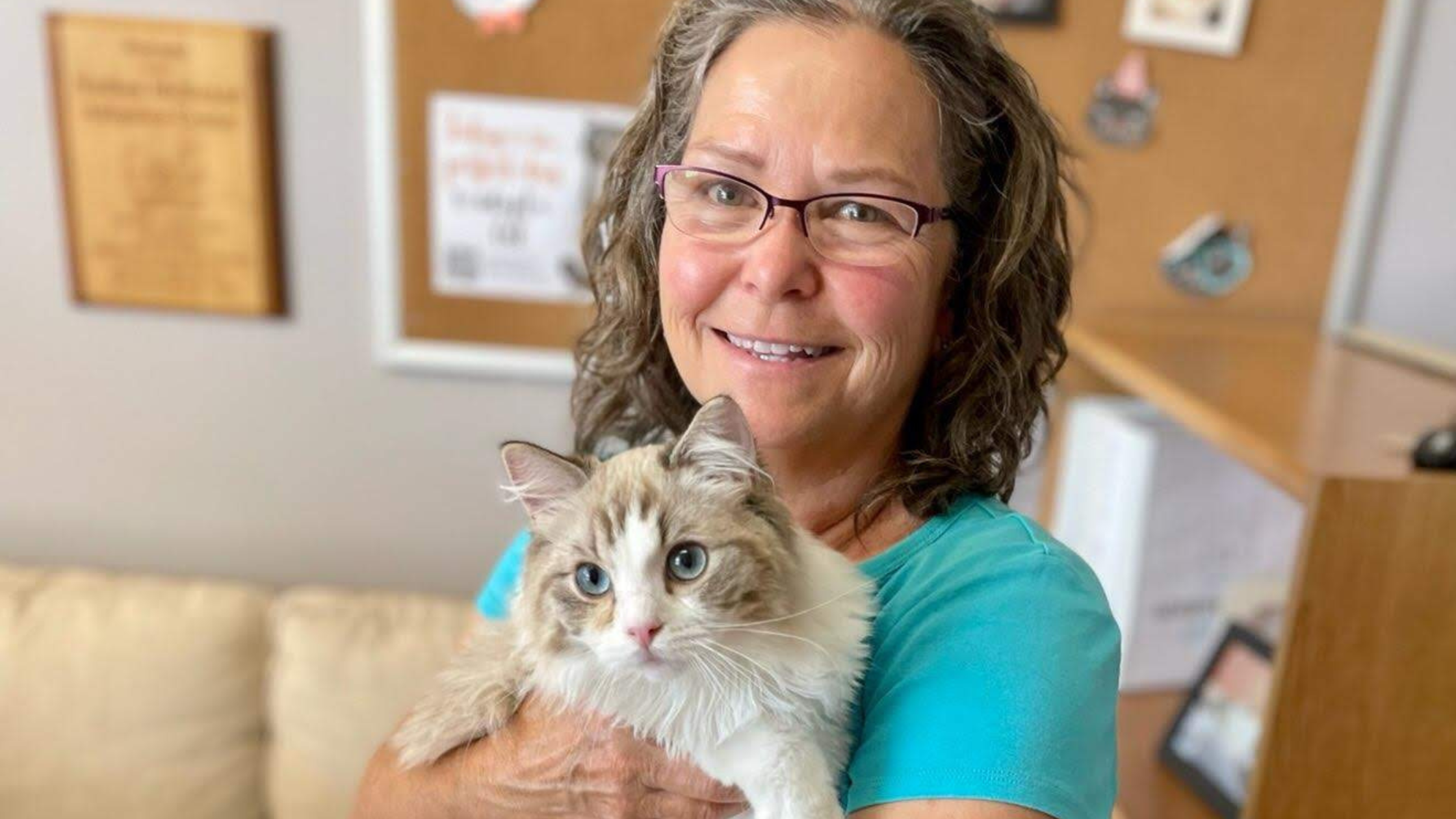In a world where modern medicine often takes center stage, there’s an increasing recognition of the value of holistic approaches in caring for our beloved animal companions. Beyond the traditional medical interventions, a holistic approach integrates various facets of well-being, encompassing intuition, nutrition, exercise, and complementary practices to nurture a comprehensive state of health in animals.
Nutrition and Animal Care: Fueling Vitality from Within
The significance of nutrition in animal health cannot be overstated. Holistic animal care emphasizes whole, balanced diets tailored to individual needs. Fresh, high-quality ingredients, mindful of specific dietary requirements, foster optimal health and longevity. Nutrient-dense diets not only support physical well-being but also contribute to improved mental and emotional health in animals.
Exercise and Animal Care: Movement for Vitality
Just like humans, animals thrive with regular physical activity. Exercise isn’t just about maintaining weight; it’s about stimulating the mind, enhancing circulation, and promoting overall vitality. Tailoring exercise routines to suit the species, breed, and individual capabilities of our pets ensures they remain active, engaged, and content.
Holistic Practices and Animal Care: Complementing Well-being
Beyond conventional treatments, holistic animal care integrates complementary practices such as acupuncture, massage, herbal remedies, and energy healing. These modalities work synergistically to address imbalances, alleviate discomfort, and support the body’s natural healing abilities. By combining conventional and alternative therapies, a more comprehensive approach to health emerges.
Environmental Enrichment: Nurturing Mental Well-being
Creating a stimulating and enriching environment is crucial for the mental and emotional well-being of animals. Providing mental stimulation through interactive toys, puzzles, and environmental enhancements not only prevents boredom but also reduces stress and behavioral issues, fostering a harmonious living space.
Emotional Well-being: Fostering a Bond of Trust
The emotional health of animals is intricately connected to their physical well-being. Creating a nurturing and supportive environment, built on trust, love, and understanding, fosters emotional resilience in our pets. Time spent bonding, engaging in activities, and providing emotional support contributes significantly to their overall happiness and well-being.
Your Intuition and Animal Care: Listening to the Unspoken
Our own innate ability to sense and understand our pets goes beyond spoken language. Animals communicate through subtle cues, body language, and behavior, revealing emotions and potential health concerns that might otherwise be overlooked. Integrating intuition into animal care requires attentive observation and a profound bond with our furry companions. This unspoken connection allows us to uncover hidden issues, attend to their needs, and offer the right care at the right time.
Animal Medical Intuitives and Animal Care: Unlocking the Language of Understanding
In the realm of holistic animal care, the inclusion of animal medical intuitives further amplifies the depth of understanding and connection between caretakers and their animal companions. An animal medical intuitive possesses an innate ability to perceive subtle energy cues within an animal’s body, often detecting imbalances, potential health issues, or emotional disturbances that might otherwise go unnoticed.
Intuitives use their heightened sensitivity and intuitive gifts to decipher an animal’s energetic patterns and health concerns. By tapping into this intuitive realm, they serve as mediators between the animal and the caregiver, offering insights that complement traditional veterinary diagnoses.
Through their unique abilities, animal medical intuitives can pinpoint underlying issues, suggest holistic remedies or lifestyle adjustments like those aforementioned, and provide invaluable information for more comprehensive care. Their role in holistic animal care is pivotal, bridging the gap between conventional medicine and holistic practices by adding another layer of insight and understanding to the well-being of our animal companions.
By integrating the expertise of animal medical intuitives into the holistic approach, caretakers gain a more nuanced understanding of their pets’ holistic health. This inclusion enriches the practice of animal communication, allowing for a more profound comprehension of an animal’s physical and emotional state. As a result, the partnership between animal medical intuitives and caregivers becomes a valuable asset in maintaining the optimal health and wellness of beloved animal companions.
As caretakers, embracing these holistic principles allows us to forge deeper connections with our pets while promoting a higher quality of life and longevity. It’s a commitment to understanding and supporting the innate balance and vitality that resides within every animal, ensuring they lead fulfilling, healthy, and vibrant lives by our side.


